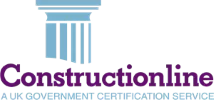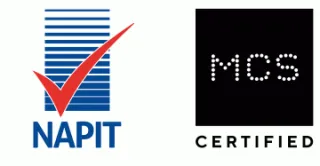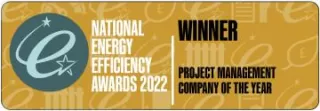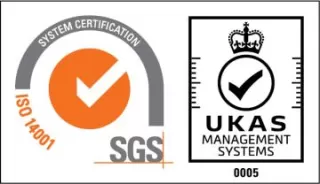We are committed to ensuring there is no modern slavery or human trafficking in our supply chains or in any part of our business. As we grow, we will ensure we apply good practice so when required to report, we will have been applying the practices for several years.
Considering the obligation to report on measures to ensure all parts of our business and supply chain are slavery free, we have reviewed our workplace policies and procedures to assess their effectiveness in identifying and tackling modern slavery issues.
Our supply chain is quite extensive in the delivery of energy efficiency measures to domestic properties across Great Britain. We will support our direct partners to work towards making their own statements where they are missing, and work with other larger businesses to learn lessons and support our governance.
Our workplace policies and procedures demonstrate our commitment to acting ethically and with integrity in all our business relationships and to implement and enforce effective systems and controls to ensure slavery and human trafficking is not taking place anywhere in our supply chains.






